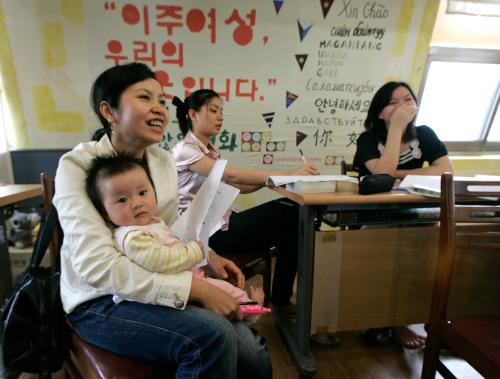

2:00 pm EST - 3:30 pm EST
Past Event
2:00 pm - 3:30 pm EST
1775 Massachusetts Avenue NW
Washington, DC
20036
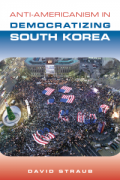 According to a recent survey by the Pew Research Center, 84 percent of South Koreans today hold a favorable attitude toward the United States. However, between 1999 and 2002, a wave of anti-Americanism swept through Korean society. During that period, hundreds of thousands of Koreans took to the streets at various times to protest against their closest foreign ally. While many attribute this anger toward the United States to specific incidents, a deeper national narrative underlies this anti-American sentiment.
According to a recent survey by the Pew Research Center, 84 percent of South Koreans today hold a favorable attitude toward the United States. However, between 1999 and 2002, a wave of anti-Americanism swept through Korean society. During that period, hundreds of thousands of Koreans took to the streets at various times to protest against their closest foreign ally. While many attribute this anger toward the United States to specific incidents, a deeper national narrative underlies this anti-American sentiment.
On November 6, the Center for East Asia Policy Studies at Brookings hosted David Straub to discuss his new book, “Anti-Americanism in Democratizing South Korea” (Shorenstein Asia-Pacific Research Center, 2015), in which he explores the attitudes of Koreans toward the United States. Straub served as head of the political section at the U.S. embassy in Seoul from 1999 to 2002, during the protests against the U.S. Brookings senior fellow Michael O’Hanlon provided introductory remarks and Andrew Yeo of Catholic University commented on the presentation and moderated the discussion.
Related Content

Katharine H.S. Moon
October 26, 2015
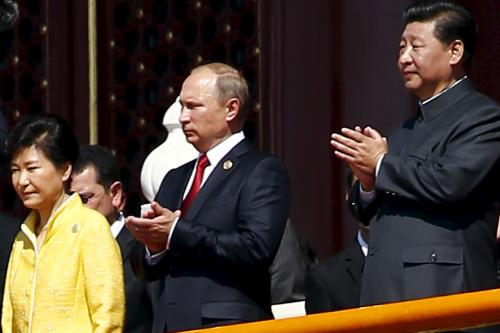
Jonathan D. Pollack
September 4, 2015
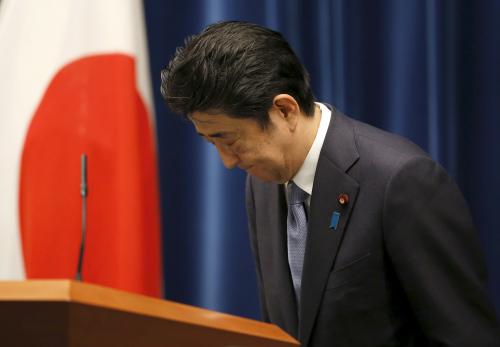
Katharine H.S. Moon
August 17, 2015
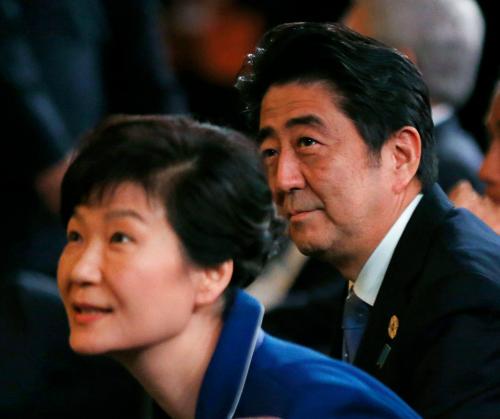
Evans J.R. Revere
August 18, 2015
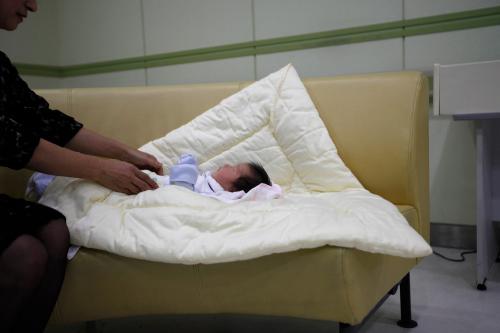
Katharine H.S. Moon
June 29, 2015
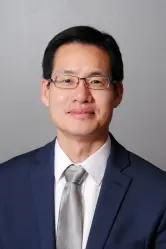


Elaine Kamarck, Darrell M. West
August 27, 2024

Nicol Turner Lee, Dominique Duval-Diop
April 22, 2024

Belinda Archibong, Peter Blair Henry
April 18, 2024